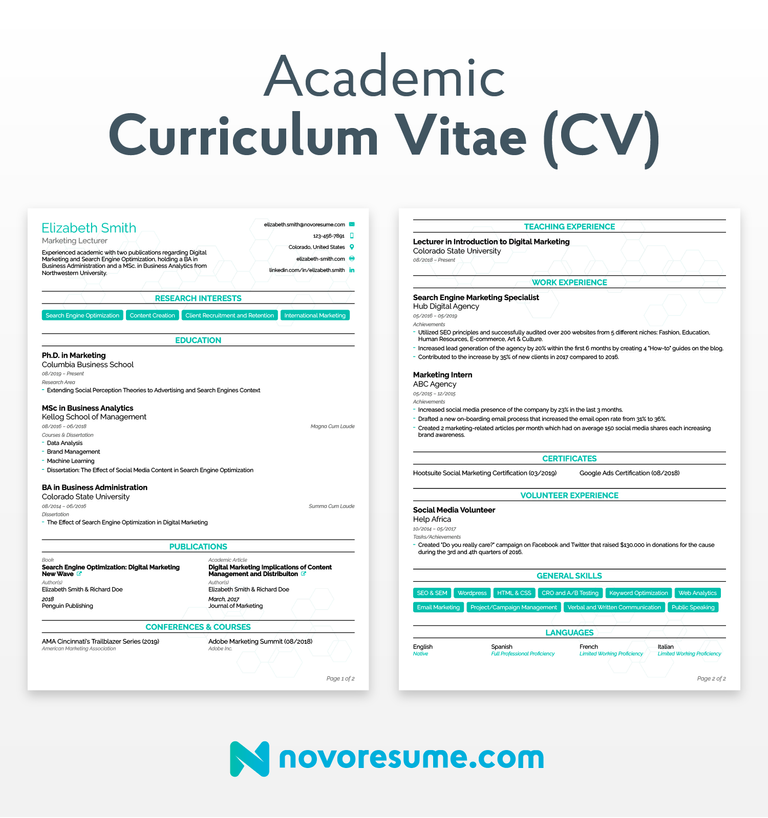We're all familiar with a resume, right?
That 1-pager where you try to convey to a potential employer your background and experiences relevant to the position you're applying for, all while hoping that you get a chance for an interview.
Typically, your resume will be in this order:
- Name and Contact
- Skills and Education
- Relevant Experiences from newest to oldest
- Interests and hobbies
- References
The Human Resource Department is looking for a candidate that has the right skills and experiences, but is also a good fit for the company. However, their job is not easy when they have thousands of applicants to sort through, so a lot of the times, they rely on computers to look for keywords within the resume that matches the job description.

This scenario, obviously, makes it frustrating for both the employer and the applicant, leaving many applicants not hearing back from the potential employer. This type of "ghosting" and rejection leaves applicants dejected. I mean, how're they suppose to compete against the other thousand qualified candidates? How do they show they are different and a better choice?
Simple. Make a connection.

Okay, I lied. This isn't so simple. You first have to find a group that shares the same interests as you, let them know what you're looking for, and they'll put out their feelers for you. Your connections are 1000x more effective than your resume.
Where can you make a connection?
Everywhere. Start with your family and friends, then online, such as LinkedIn, Facebook, MeetUp, and even... HIVE! When there's a community, there is a way.
However, when you do make that connection, be prepared, because you still want to stand out to a potential employer than just having a resume.
Prepare a cover letter AND a Curriculum Vitae.
I think a cover letter is self-explanatory. But isn't a Curriculum Vitae (CV) the same as a Resume? Wouldn't it be redundant of me to also make a Curriculum Vitae?
Honestly, that depends, but it's best to have one if you're asked for it.
Think about a CV as an extended resume that acts as your portfolio.
Curriculum Vitae is Latin for the "course of your life", so it is appropriate for a CV to extend more than 1 page. While a job prospect may ask for a CV, it is more common for applications into graduate studies to ask for it.
Here are the things you want to include in a CV:
- Name and Contact
- Objective and Education
- Awards and Honors
- Publications
- Presentations
- Achievements
- Affiliations
- Skills
- References
The format doesn't have to be exactly the way I listed it, but in general, a CV has to contain the above. Here's an example below:

Essentially, you're telling your "life story", and if it is for graduate school, then you're telling your "academic life story".
Hope that clears things up.
Graduate school is a great academic endeavor, and also a great place to network to help you obtain that position you've been dreaming about. However, even if you don't plan on going to graduate school, I mentioned earlier that there are other ways to network. The key is to get out there, meet people, MAKE CONNECTIONS and BE PREPARED, because you never know when an employer will come knocking on your door.